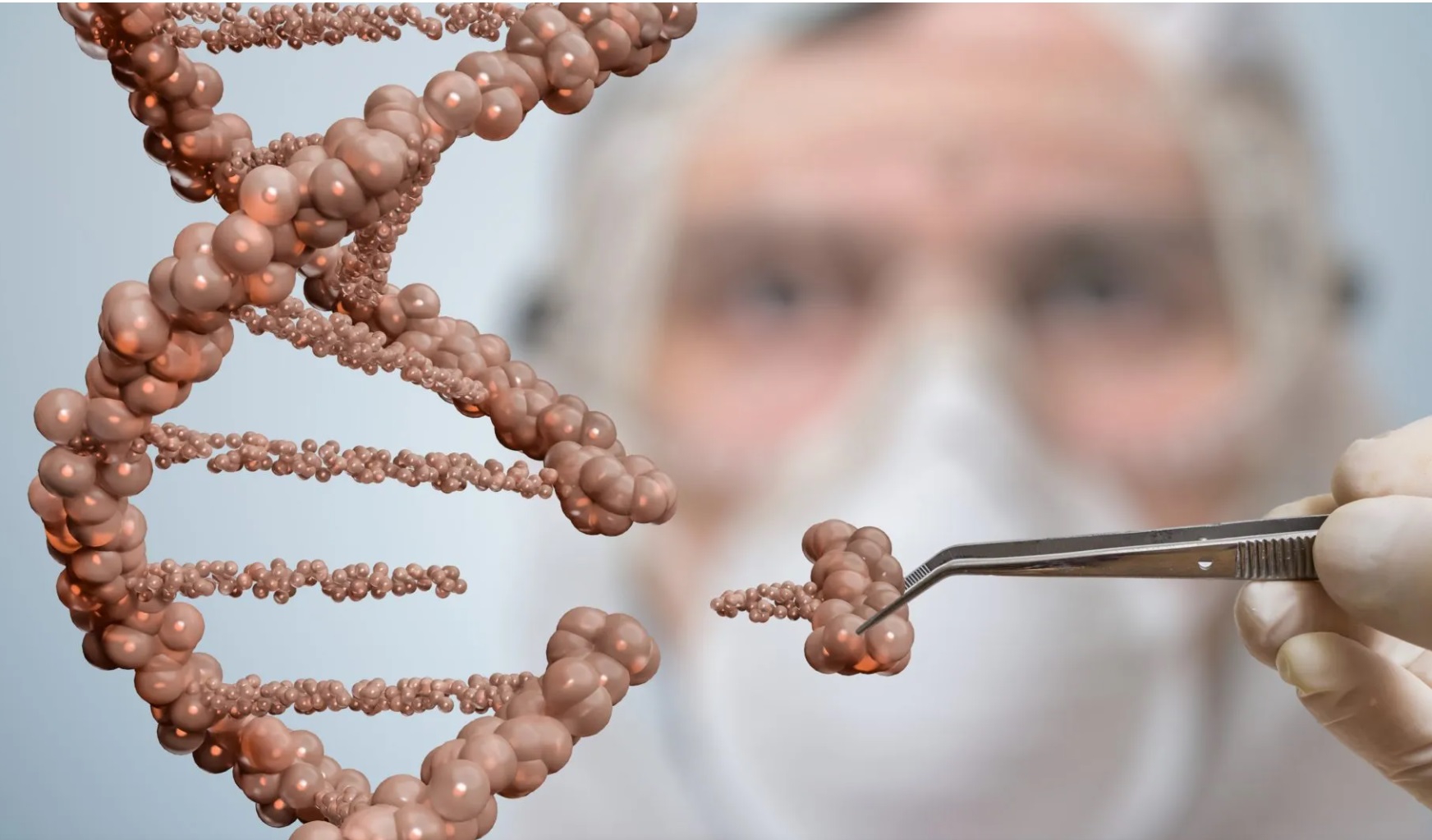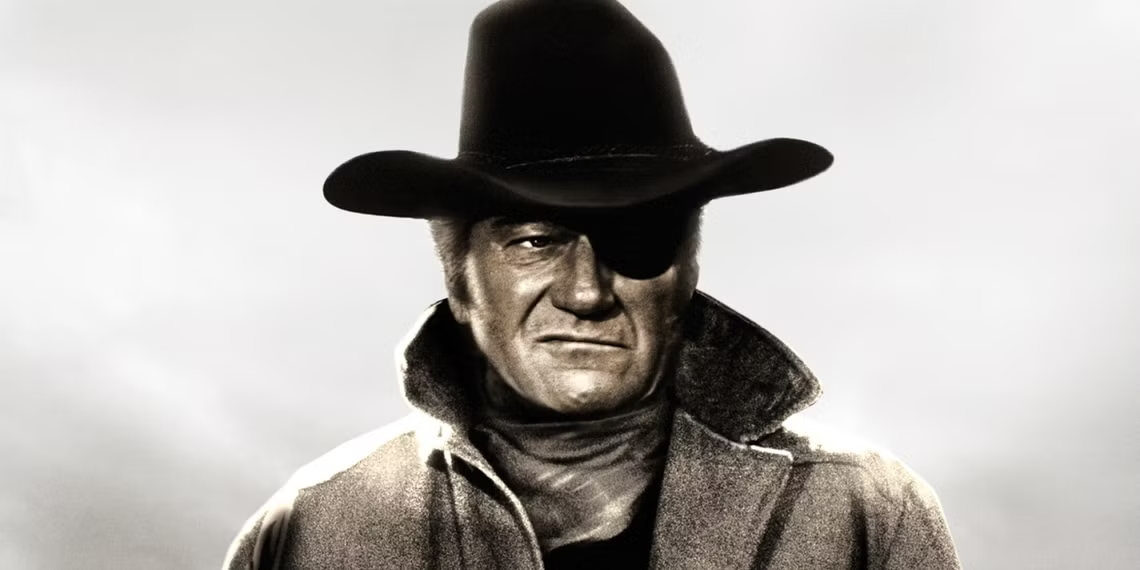Unlocking the Science Behind Men’s Behavior
The Warrior Gene – In the world of men’s health and genetics, few topics have sparked as much curiosity and controversy as the so-called “Warrior Gene.” What is it? How does it influence behavior? And what does it mean for men’s health? This article dives deep into the science behind the Warrior Gene, its potential impact on behavior, and its implications for men’s well-being.
What Is the Warrior Gene?
The term Warrior Gene refers to a specific variant of the MAOA gene, which is responsible for producing an enzyme called monoamine oxidase A. This enzyme plays a crucial role in breaking down neurotransmitters in the brain, such as serotonin, dopamine, and norepinephrine. These chemicals influence mood, emotion regulation, and impulse control.
Men with a particular variant of the MAOA gene, known as MAOA-L, produce less of this enzyme. This can lead to higher levels of neurotransmitters like dopamine and serotonin in the brain, which some studies suggest may result in aggressive or impulsive behaviors under stress.
- Expert Insight: According to Dr. Daniel Weinberger, a neuroscientist at the Lieber Institute for Brain Development, “The Warrior Gene variant can be linked to aggression in specific contexts, but it’s important to note that this gene does not dictate a person’s destiny. Environment, upbringing, and other genes play significant roles.”
Why Is It Called the “Warrior Gene”?
The term “Warrior Gene” was popularized in the early 2000s when researchers noticed a correlation between the MAOA-L variant and aggressive behavior in some populations. This led to the hypothesis that individuals with this genetic variant may have an increased tendency toward aggression, especially in high-stress or threatening situations—hence the name “Warrior Gene.”
The Science Behind the Warrior Gene and Behavior
So, does having the Warrior Gene automatically mean a man will be more aggressive? Not necessarily. The MAOA-L variant has been associated with higher susceptibility to stress and potential for aggressive reactions, but context is crucial.
Nature vs. Nurture
While the Warrior Gene may predispose individuals to certain behaviors, environmental factors are just as, if not more, important. Studies have shown that men with the MAOA-L variant who experienced trauma or abuse during childhood are more likely to exhibit aggressive behavior later in life. However, those raised in stable and nurturing environments may not display any of these tendencies.
- Research Example: A study published in the journal Science found that children with the MAOA-L variant who experienced maltreatment were more likely to develop antisocial behaviors. However, those who grew up in positive environments did not show an increased risk of such behaviors .
Warrior Gene and Men’s Health
When it comes to men’s health, understanding the Warrior Gene can provide valuable insights into behavior, mental health, and emotional regulation. While aggression and impulsivity are often discussed, it’s also important to consider how this gene may influence risk-taking and decision-making in other areas of life, such as career choices or relationships.
For example, men with the MAOA-L variant may thrive in competitive environments where quick decisions and assertiveness are valued. On the flip side, they may struggle with emotional regulation in stressful situations, which can lead to higher levels of anxiety or stress-related health issues.
- Health Tip: Men who suspect they might have the Warrior Gene variant should focus on stress management techniques like mindfulness, regular exercise, and seeking support from a mental health professional.
Controversies and Debates Surrounding the Warrior Gene
While the idea of a Warrior Gene is intriguing, it’s also highly controversial. Critics argue that focusing too much on genetics can oversimplify human behavior, reducing complex actions to a single gene. Others worry that it could be used to stigmatize individuals, especially in the context of criminal behavior.
Misuse of the Warrior Gene in Legal Cases
There have been several instances where the Warrior Gene has been introduced as a defense in criminal cases, with lawyers arguing that their clients’ genetic predisposition made them more likely to commit violent acts. However, the legal and scientific communities are divided on whether this argument holds weight. Most experts agree that behavior is influenced by a combination of genetic, environmental, and situational factors, and no single gene can determine a person’s actions.
- Expert Quote: “It’s a dangerous precedent to blame genes alone for behavior,” says Dr. Robert Plomin, a leading geneticist. “Genes may load the gun, but environment pulls the trigger.”
Warrior Gene and Race
The Warrior Gene debate has also raised questions about race and genetics. Some studies have suggested that the MAOA-L variant is more prevalent in certain populations, particularly among individuals of Polynesian descent. This has led to ethical concerns about the potential for genetic determinism or racial profiling.
As with any genetic trait, it’s important to approach these discussions with caution and avoid overgeneralization.
Should You Get Tested for the Warrior Gene?
With the rise of direct-to-consumer genetic testing, many men may be tempted to find out if they carry the Warrior Gene. While genetic testing can provide interesting insights into your ancestry and health predispositions, it’s important to remember that behavior is multifaceted. Just because you carry the MAOA-L variant doesn’t mean you’re destined to be aggressive or impulsive.
- Pro Tip: If you’re curious about your genetic makeup, consider testing services like 23andMe or AncestryDNA, but be sure to consult with a genetic counselor or healthcare provider to fully understand the results.
Understanding Your Genetic Predispositions
Whether or not you carry the Warrior Gene, it’s essential to understand that genes don’t operate in isolation. Your upbringing, environment, experiences, and choices all play a significant role in shaping who you are. Rather than viewing your genetic predispositions as a set path, use them as tools for self-awareness and growth.
Practical Steps for Men
- Practice Emotional Awareness: Regardless of your genetic makeup, taking steps to become more emotionally aware can help you better manage stress and aggression.
- Cultivate Healthy Outlets: Engaging in physical activities like martial arts, weightlifting, or running can be excellent ways to channel any built-up aggression or stress in a positive manner.
- Seek Professional Guidance: If you’re struggling with anger or impulsivity, it’s always a good idea to talk to a mental health professional. Therapy can help you develop coping strategies that work with, rather than against, your natural tendencies.
Understanding The Warrior Gene
The Warrior Gene offers fascinating insights into the role genetics play in shaping human behavior, particularly in men. However, it’s crucial to remember that no gene determines your fate. By understanding the complex interplay between your genes and environment, you can take proactive steps toward improving your mental health, emotional regulation, and overall well-being.
For men seeking to better understand themselves, genetic insights like the Warrior Gene can be a powerful tool—if used thoughtfully and responsibly. Remember, it’s not just about what’s in your DNA, but how you choose to live your life.
Further Reading
- Genetic Studies on Behavior: Nature
- Mental Health Resources for Men: National Institute of Mental Health
By exploring the science behind the Warrior Gene, you can gain valuable insights into your own behavior and make informed decisions to lead a healthier, more balanced life.





